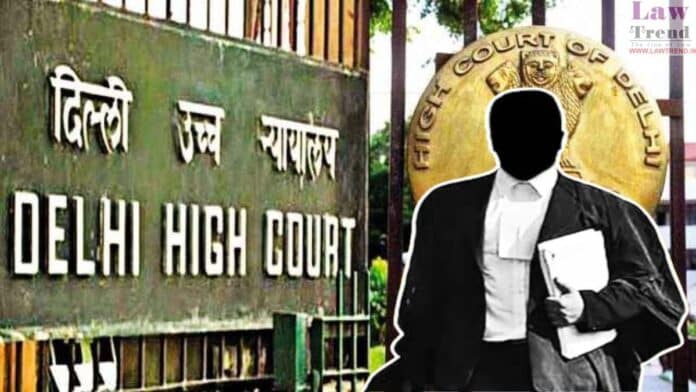The High Court of Delhi, in a significant judgment, has ruled that an advocate is bound by the instructions of their client and has no duty to independently verify the truthfulness or veracity of those instructions before representing the client in court. A Division Bench comprising Chief Justice Devendra Kumar Upadhyaya and Justice Tushar Rao
To Read More Please Subscribe to VIP Membership for Unlimited Access to All the Articles, Download Available Copies of Judgments/Order, Acess to Central/State Bare Acts, Advertisement Free Content, Access to More than 4000 Legal Drafts( Readymade Editable Formats of Suits, Petitions, Writs, Legal Notices, Divorce Petitions, 138 Notices, Bail Applications etc.) in Hindi and English.




